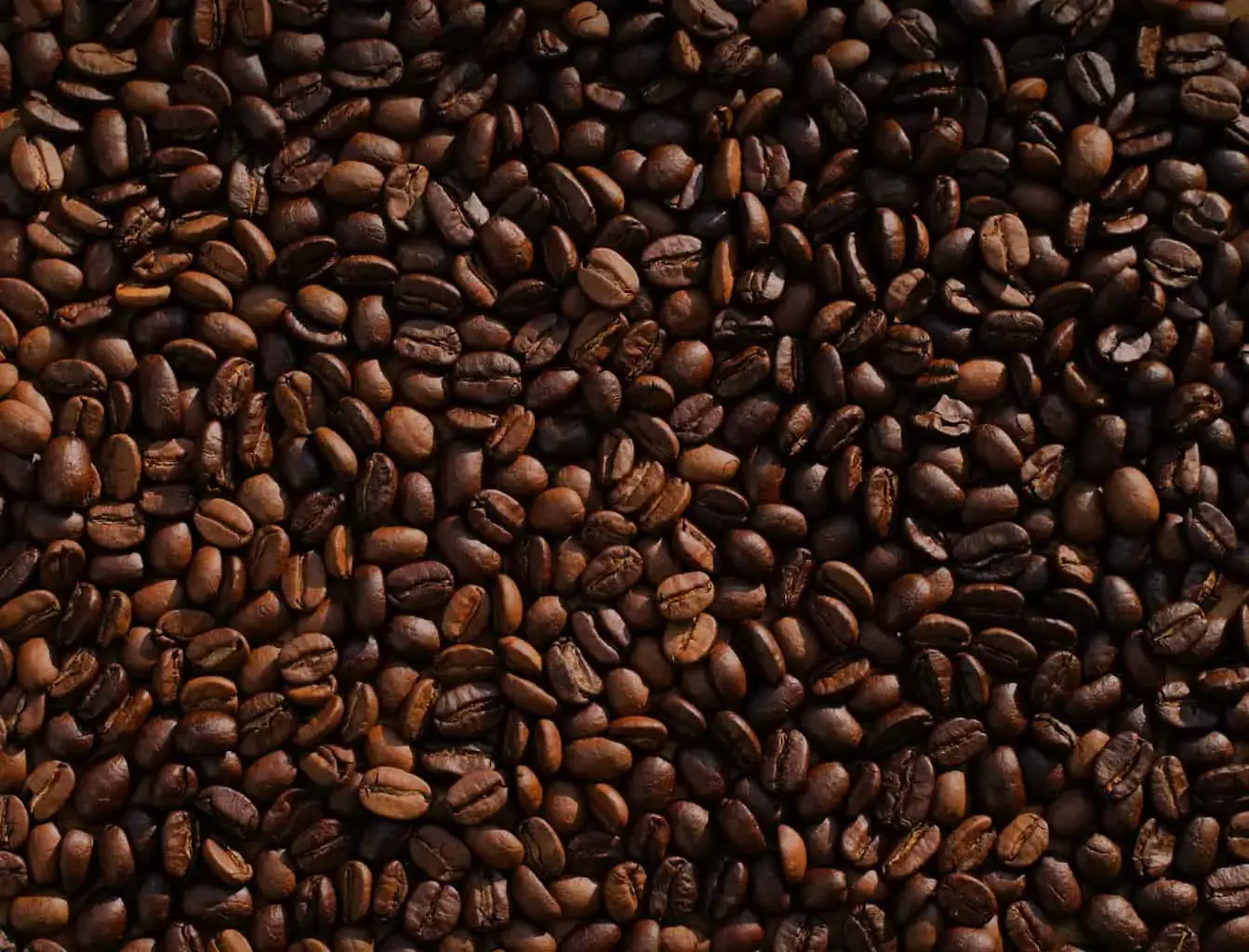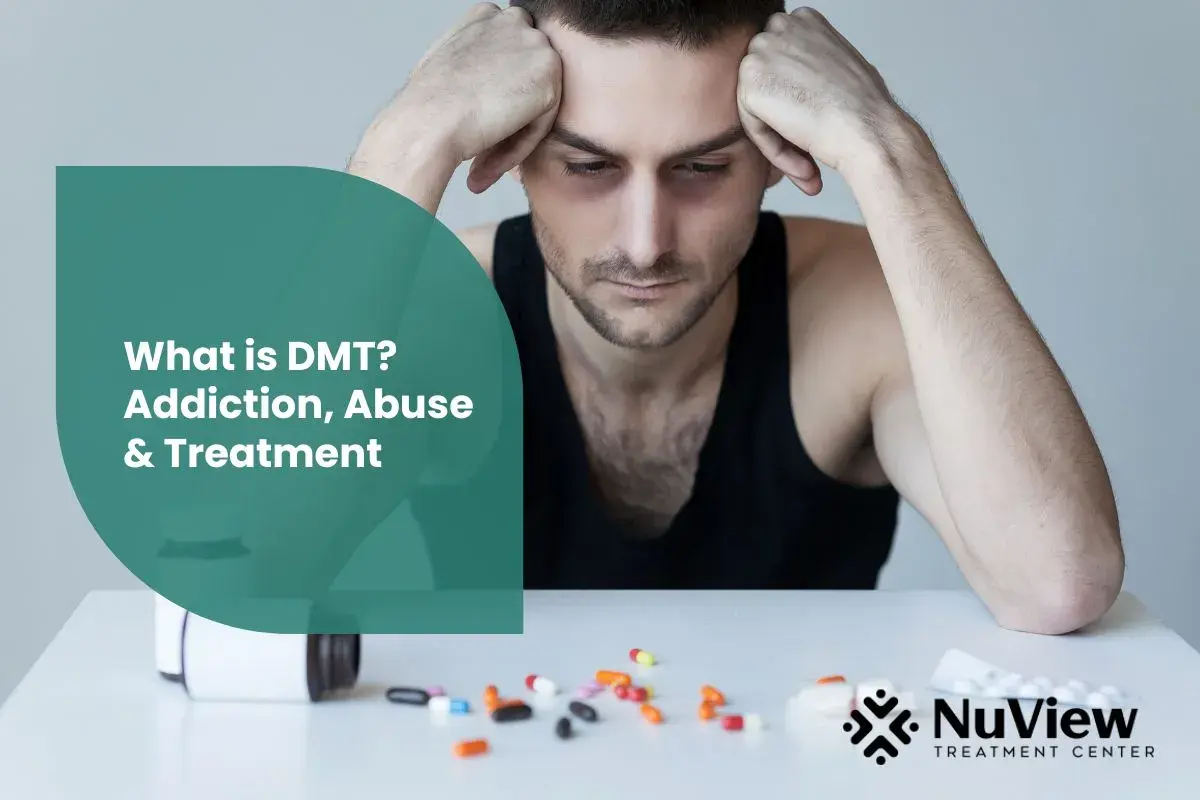You have worked hard to overcome your drug addiction. Through treatment, support groups and your own blood, sweat and tears you have completely transformed your life. You have overcome substance abuse and are loving a fulfilling life in recovery. While you may not have any physical, psychological or spiritual desire to use drugs and alcohol, addiction can find many other ways to manifest itself, such as through socially acceptable addictions.
The psychological aspects of addiction can linger for many years, and recognizing addictive behavior is part of staying on the course of long-term recovery. While you may not have the cravings to use drugs and/or alcohol, those cravings can manifest themselves in other ways. You may find yourself indulging in things seem benign on the surface. However, that “too much of a good thing” can start disrupting your life—and your recovery.
The following are some of the most common examples of socially acceptable addictions that are seen as ‘safe’, but may be reinforcing additive tendencies in the addicted mind:
Get Started With Nuview Treatment Center
Our dedicated professional staff is here to guide you or your loved one on the journey to lasting recovery, offering support every step of the way.
Top 5 Socially Acceptable Addictions
Caffeine
Probably one of the most socially acceptable addictions, whether you believe it or not, caffeine is one of the most popular drugs. Found in sodas, coffee, diet supplements and other goods, caffeine provides a great pick-me-up. Caffeine can also be a great aid for workouts and can help protect the brain from the effects of Alzheimer’s Disease. While caffeine intake in moderation is acceptable and possibly even beneficial, while excess caffeine consumption can negatively impact sleep patterns, cause digestive issues, and put added stress on our adrenals leading to fatigue in the long term.
Caffeine works by making us feel less tired by blocking the effects of adenosine which is associated with feeling sleeping and by releasing adrenaline(epinephrine) which gives it it’s stimulating feeling. Caffeine also releases dopamine which makes us feel good.
Due to its stimulating effect and effects on the dopamine related reward circuitry in the brain caffeine can be overused and abused. Caffeine dependency can be hard to break which you might already know if you’ve ever experienced the effects of trying to quit caffeine cold turkey.
Sugar
The second most socially acceptable addiction, sugar seems like a harmless substance. We put it in our coffee, on our desserts, and in other sweets. In moderation, sugar as can be enjoyable and a nice occasional treat. However, sugar is a highly addictive substance that can have serious health consequences if overconsumed. Overdoing sugars over long periods of time can result in an increased risk of diabetes, obesity and the formation of certain cancers. Additionally, blood sugar spikes can create emotional highs and lows that lower impulse control that can lead to overindulgence.
Additionally, sugar can be extremely addictive. Sugar acts on the brain’s dopamine receptors in the same manner as cocaine. The tongue features two sweet receptors that are extremely sensitive. As a result, they send intensely pleasurable signals to the brain’s reward center.
Food
Another socially acceptable addiction is food addiction. Modern conveniences such as food delivery services on your phone make having access to food easier than ever which makes resisting the impulse to eat something you know you shouldn’t even easier. When new in recovery many people have a tendency to gain weight as food can serve as a replacement for drugs and alcohol as something that can make us feel satiated. Part of the recovery process is learning the importance of proper nutrition and how it can affect both our physical health but the health of our mind as well.
Those prone to addiction may find themselves using food as a way to feel comfortable and may find them especially drawn to the type of foods that stimulate dopamine and serotonin such as sugar and carbohydrates which make us feel happy and comfortable.
Food addiction in the form of overeating or over consuming sugar can manifest itself from the same source as drug and alcohol addiction and exploring our relationships with food when our eating habits are unhealthy or leading to unhappiness may be part of a long term recovery strategy.
Work
For many people, they are concerned about having a secure future for themselves and their family. In order to achieve that goal, people will work put in overtime or maybe even work an extra job in order to get extra income. There is no problem in working hard and reaping the benefits of hard work; it does become a problem when it becomes all-consuming. We live in a society that places pressure on us to work more, produce more, and make more money.
For many people, their sense of self-worth is predicated on what they produce and how many hours they work. However, this badge of honor can come with some sacrifices to our health, relationships, and in some cases our happiness.
One of the most overlooked socially acceptable addictions, people who are consistently overworked can experience greater instances of depression, anxiety, stress, and sleep deprivation, all of which can increase the likelihood of relapse. People who “work too much” also neglect things, like exercise, maintaining a healthy diet, and time spent with friends and loved ones. When left unchecked, poor self-care can result in reduced levels of happiness —and people may entertain the thought of using substances in order to cope.
Exercise
There is no doubt that exercise does the mind and body good. Regular exercise not only helps work up a good sweat, but it also strengthens the body and helps improve one’s body image and esteem. While exercise is good, it is possible to have too much of a good thing. In fact, people can become addicted to exercise in the same way they can become addicted to drugs.
Strenuous exercise releases the neurotransmitter dopamine, which is the body’s natural “feel good” chemical. For those who over exercise, the release of dopamine diminishes—just like with substance use. Over-exercise also increases the risk of physical injuries. Additionally, people who over exercise may develop body image issues which can cause significant body issues and esteem issues.
Addictive behavior is not just limited to illicit substances. While certain substances and activities are legal and socially accepted, overdoing these can have negative results for your mind and body. Long-term addiction recovery involves recognizing behavioral patterns that strengthen addictive tendencies. Shoot for moderation when engaging in activities that have the potential for abuse, and seek help when needed.
- Top 5 Socially Acceptable Addictions
- Top 5 Socially Acceptable Addictions
Get Help Today!
Everyone is Welcome Here and We All Have Your Back
Your healing journey deserves a personalized approach. At NuView, we integrate expertise in behavioral therapy, mental health, and substance use treatment to create a customized recovery plan tailored to your unique needs.
Connect with our Admissions Specialists today.







Written By
Dr. Ryan Peterson